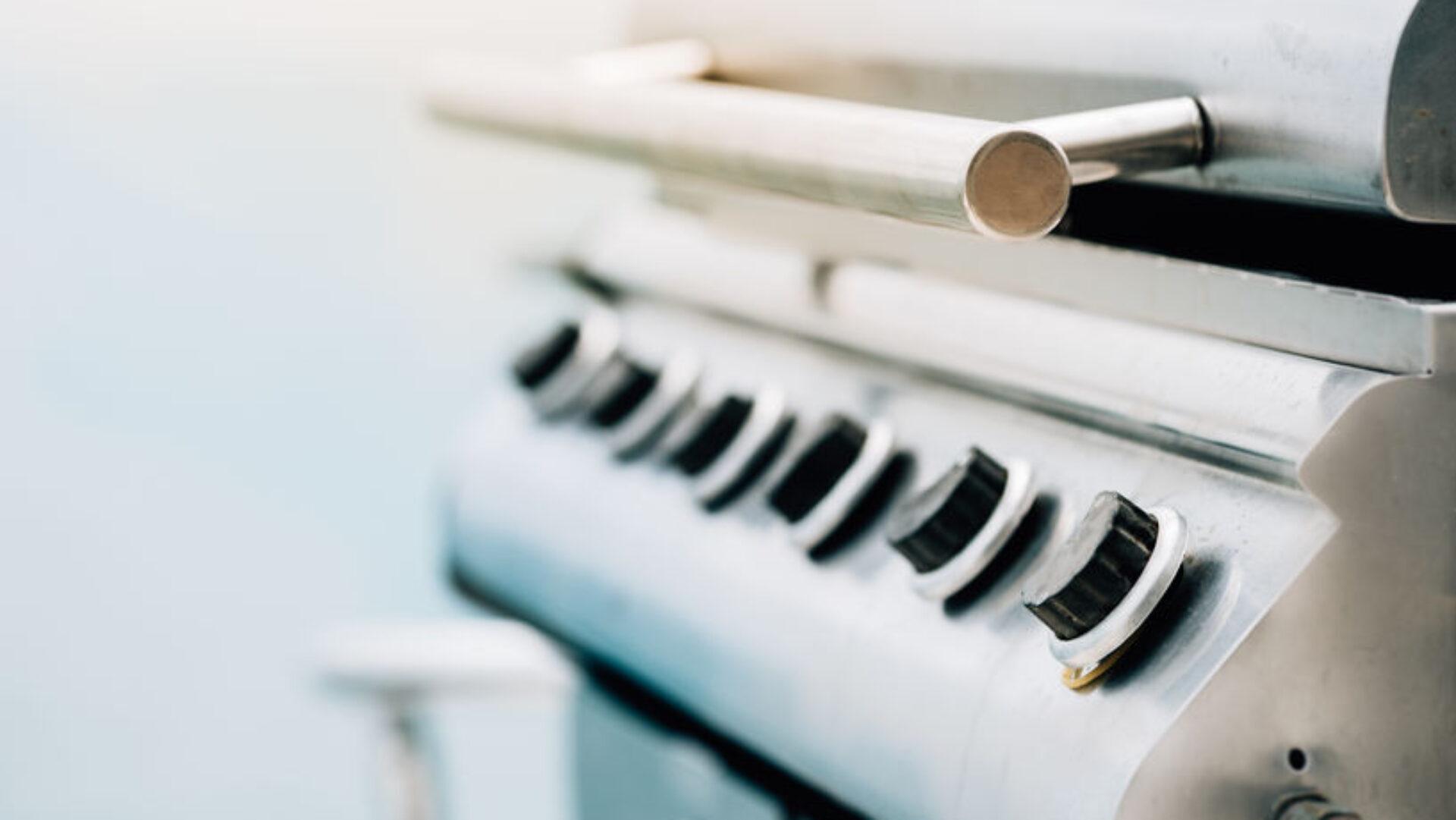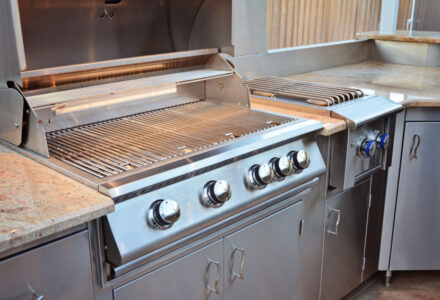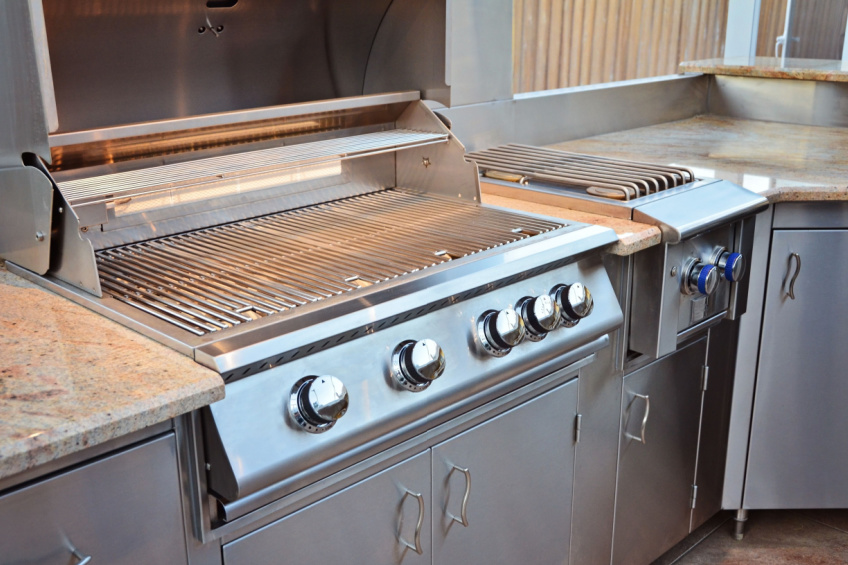 Rust can significantly affect the lifespan and performance of a grill.
Rust can significantly affect the lifespan and performance of a grill.
While it might seem like an inevitable process due to exposure to the elements, there are effective ways to mitigate its impact.
Yes, you can rust-proof a grill, ensuring both longevity and maintained functionality.
By focusing on materials and protective coatings, individuals can significantly reduce corrosion risks.
Regular maintenance plays a crucial role, as consistent cleaning and protective measures help ward off rust development.
Simple practices, like using a grill cover, can also prolong the lifespan of the grill.
Understanding the properties of various grill materials is key to applying the right techniques.
Stainless steel and cast iron each require specific approaches to prevent rust.
By adopting these strategies, grill owners can enjoy more extended use and better performance from their equipment.
Importance of Rust Proofing a Grill
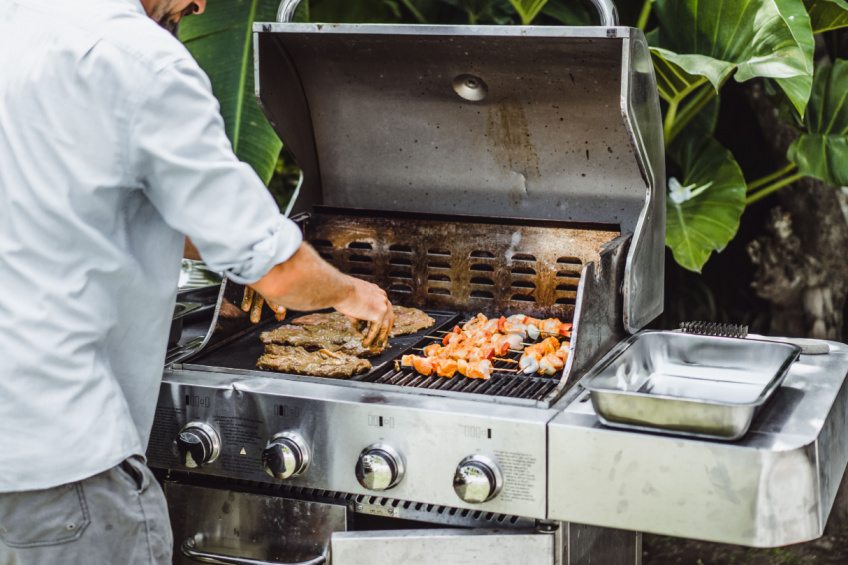
Rust proofing a grill ensures longevity.
Regular use and exposure to the elements can lead to unsightly rust, which affects both the appearance and function of the grill.
Protecting against rust keeps the grill looking new and working efficiently.
Health Concerns
Cooking on a rusted surface can pose health risks.
Rust can flake off onto food, potentially leading to ingestion of harmful particles.
Ensuring the grill is rust-free helps maintain food safety.
Maintenance Costs
Regular rust proofing reduces long-term costs.
By preventing rust, owners can avoid expensive repairs or replacement.
Investing a little time and effort pays off by extending the grill’s lifespan.
Rust can compromise the structural integrity of a grill.
Parts may deteriorate faster, leading to malfunctions or collapses.
A rust-proofed grill remains sturdy and reliable over time.
Aesthetic appeal is another factor.
A rust-free grill retains its visual appeal, making it more pleasant to use during gatherings.
It also adds value to outdoor spaces by maintaining its condition.
Prevention is key.
Simple steps like covering the grill and applying protective coatings prevent rust formation.
These actions are both effective and necessary to protect both investment and health.
Materials and Tools for Rust Proofing
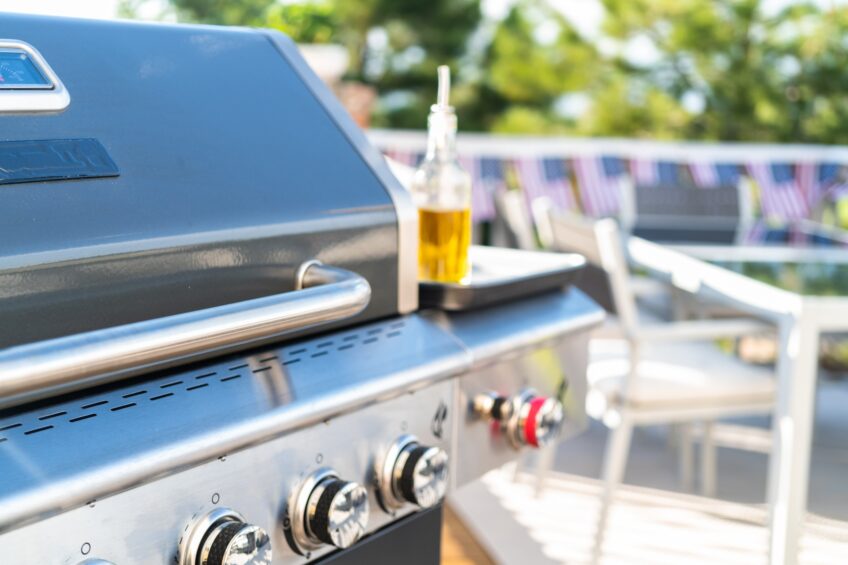
To effectively rust-proof a grill, the right materials and tools are essential.
Key elements include rust-resistant coatings, efficient cleaning supplies, and appropriate protective gear.
Rust-Resistant Coatings
Choosing the best rust-resistant coating is crucial.
A high-temperature paint will protect against rust while withstanding the heat of grilling.
Stainless steel polish helps seal the surface, reducing oxidation.
High-temperature silicone-based paints are also effective as they maintain integrity under intense heat.
When selecting a product, consider the grill’s material.
Ceramic coatings can also be an excellent choice for metal grills.
They provide a strong, heat-resistant barrier.
Ensure that each layer is applied evenly for optimal protection.
Look for products with high ratings in durability and heat resistance.
Cleaning Supplies
Proper cleaning supplies help to maintain the grill’s condition.
Wire brushes and scrub pads are effective in removing debris and surface rust.
Use mild soap solutions to clean the grill thoroughly.
For stubborn spots, consider using a vinegar and baking soda mixture.
This combination reacts to lift grime.
Microfiber cloths are ideal for polishing and drying, preventing water spots that can lead to rust.
Ensure all cleaning residues are rinsed off to avoid chemical reactions that might cause corrosion.
Regular cleaning is essential for long-term rust prevention, and having a dedicated set of supplies can streamline the process.
Protective Gear and Equipment
Safety and precision are facilitated with the right protective gear.
Wear gloves to protect hands from harsh chemicals and sharp grill parts.
Safety goggles are recommended to prevent irritation from splashes.
Use drop cloths or plastic sheeting to protect surrounding surfaces.
This equipment minimizes risks and keeps the work area clean.
Additionally, ventilation fans or open spaces are necessary when applying coatings to ensure air circulation. This reduces inhalation risks.
For hard-to-reach areas, consider using specialized spray nozzles or application brushes that ensure even distribution of coatings.
Proper gear not only protects individuals but also enhances the efficiency of the rust-proofing process.
Preparation Steps Before Applying Rust Proofing
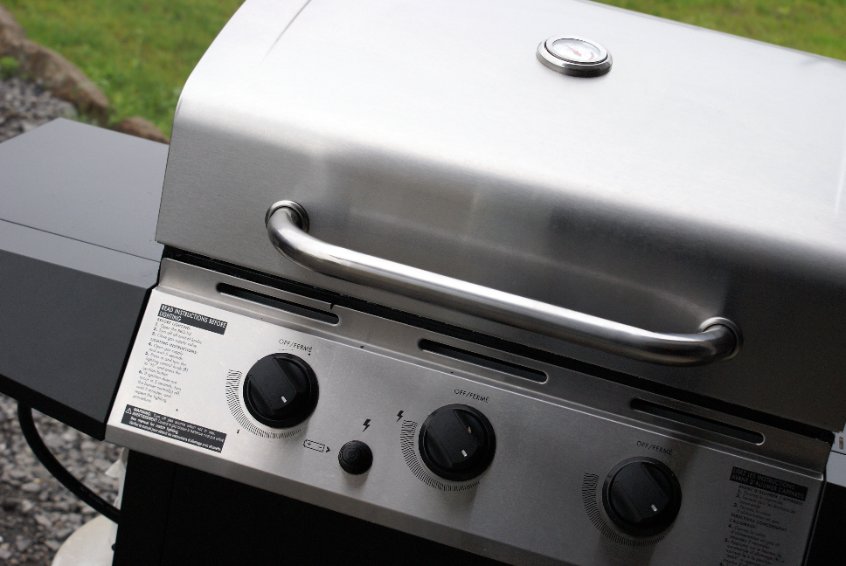
Before applying rust proofing to a grill, it’s essential to prepare properly to ensure the treatment is effective.
This involves cleaning the grill, removing existing rust, and ensuring the surface is dry and correctly masked.
Grill Cleaning and Degreasing
Thoroughly clean and degrease the grill to remove any residue.
Begin by detaching removable components, like grates and burners.
Use a mixture of warm water and mild detergent with a non-abrasive scrub to remove grease and dirt.
Rinse with water and pat dry with a soft cloth.
For heavy grease, consider using a commercial degreaser, following the manufacturer’s guidelines strictly.
Avoid harsh chemicals that could damage delicate parts.
Rust Removal Techniques
Addressing existing rust is critical to prevent it from undermining the effectiveness of rustproofing.
Use a wire brush or sandpaper to scrub off rust from affected areas thoroughly.
A rust remover product can further help; apply per its instructions.
For stubborn rust stains, steel wool soaked in vinegar may offer additional effectiveness.
Ensure all rust traces are completely gone before proceeding.
Surface Drying and Masking Areas
Ensure all grill components are dry to prevent moisture from compromising the rustproof application.
Use clean, dry towels to eliminate any remaining moisture.
Let the grill air dry completely.
Use masking tape to cover areas that don’t require rustproofing, such as electronic components or logos, to prevent accidental coverage.
An even application depends on carefully masking off these sections.
Applying Rust-Proofing Solutions
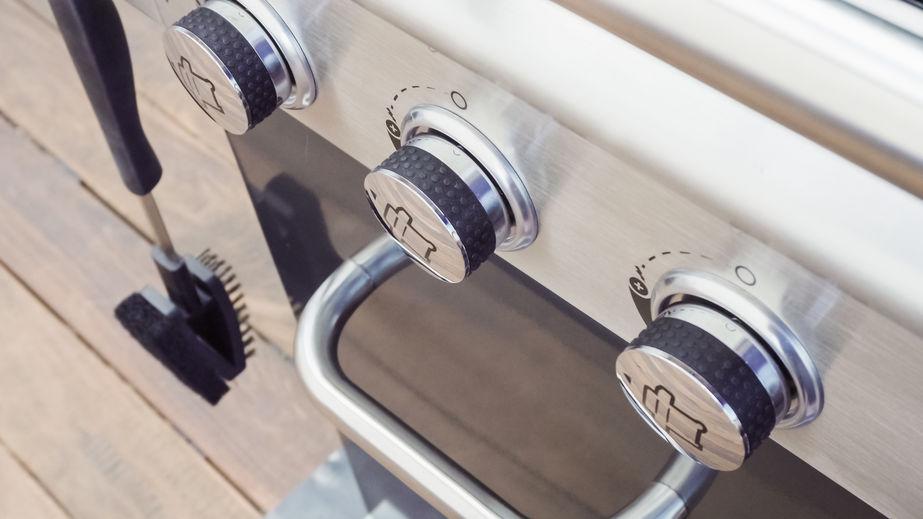
Rust-proofing a grill effectively involves using the right products and techniques.
This includes applying a primer, selecting appropriate paints or coatings, and considering natural solutions.
Primer Application
Applying a primer is a crucial step in rust prevention for a grill.
Primers create a protective layer that bonds with metal surfaces, which helps prevent rust from forming.
Using a rust-inhibiting primer like this Rust-Oleum High Heat Primer is recommended, especially for grills exposed to moisture.
Before application, the surface must be clean and free from grease or dirt.
Sanding lightly can improve primer adhesion.
When applying the primer, an even coat is essential, which can be done using a brush or spray for better coverage.
Allow the primer to dry fully before proceeding with any further rust-proofing steps.
Paint or Coating Application
Once the primer has dried, applying a high-temperature paint or specialized grill coating enhances protection against rust.
Not all paints work for grills, so choosing a product designed to withstand high heat is crucial.
High-temperature paint like this Rust-Oleum High Heat Ultra Spray Paint provides a durable finish that resists peeling and flaking under heat.
Application can be similar to painting the primer, using thin, even coats to ensure full coverage.
Depending on the product, multiple coats may be necessary, with drying time in between.
Always follow the manufacturer’s guidelines for best results.
Coatings not only protect against rust but can also improve the grill’s aesthetic appeal.
Alternative Natural Solutions
For those seeking natural rust-proofing methods, several options exist.
A mixture of vinegar and baking soda can be applied to metal surfaces to create a protective barrier.
This method involves scrubbing the affected area with the mixture and leaving it to sit before rinsing it off.
Another option is using linseed oil, which can be rubbed onto grill surfaces.
The oil forms a barrier that can help prevent moisture from causing rust.
Beeswax is another natural alternative that can be melted and applied for similar protective effects.
These solutions offer eco-friendly ways to keep grills rust-free, though they may require more frequent application than commercial products.
Aftercare and Maintenance
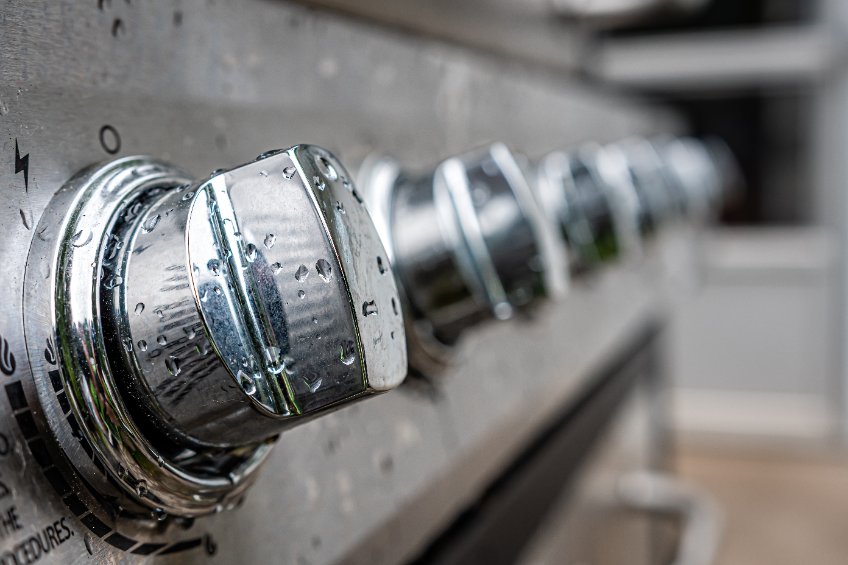
Proper maintenance of a grill can significantly extend its lifespan.
By focusing on consistent cleaning, regular inspections, and proper storage, rust can be prevented, ensuring a grill remains in optimal condition.
Regular Cleaning Regimen
Cleaning should be done after each use to prevent build-up of grease and food particles.
Begin by brushing the grill grates with a wire brush to remove residue.
Dish soap and warm water can be used for a thorough cleanse.
For deeper cleaning, disassemble removable parts and soak them in soapy water.
Rinse well and let them dry completely before reassembling.
Avoid harsh chemicals that may damage surfaces.
Regular cleaning not only prevents rust but also ensures consistent cooking performance.
It’s a vital step in keeping the grill functional and efficient.
Inspection and Touch-Ups
Routine inspections are crucial for early detection of potential issues.
They should focus on identifying signs of rust, corrosion, or other damage.
Look closely at joints, bolts, and any moving parts.
If rust is found, lightly sand the area and apply a high-temperature paint or grill-safe primer to inhibit further rusting.
Gaskets, hoses, and burners should also be checked for wear and tear.
Replacements or repairs should be made promptly to maintain safety and efficiency.
Covering and Storage Tips
When not in use, covering a grill with a breathable, waterproof cover is essential.
This prevents moisture build-up, a catalyst for rust.
Ensure the cover fits snugly to block out harsh weather conditions.
For long-term storage, particularly during winter, thoroughly clean and dry the grill first.
Store it in a dry, sheltered location.
If possible, elevate the grill slightly to avoid contact with damp surfaces.
Proper storage techniques can vastly improve the durability and longevity of a grill, making it an indispensable part of maintenance routines.
Choosing the Right Grill for Durability and Longevity
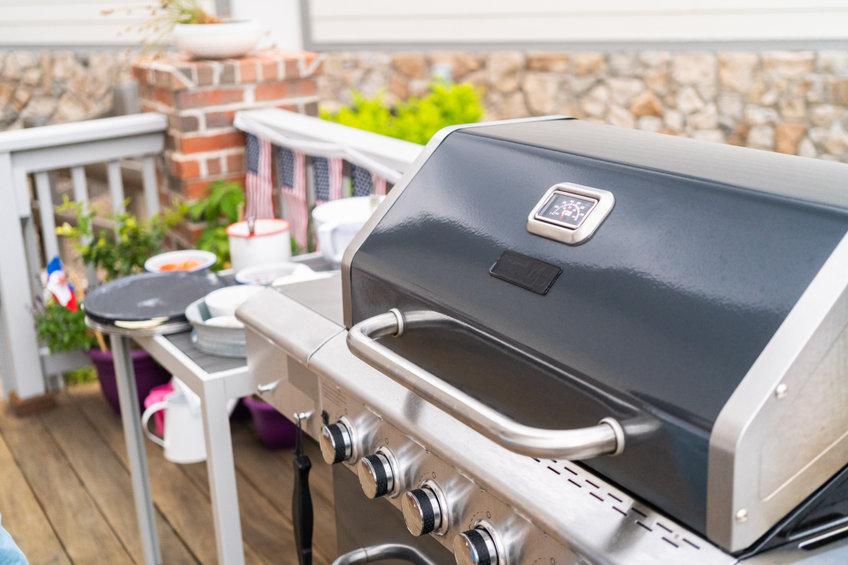
When selecting a grill, sturdiness is crucial.
Look for grills made of stainless steel or cast iron, as they offer robust resistance to rust and corrosion.
These materials are more likely to withstand harsh weather conditions.
Pay attention to the grill’s construction.
Welded joints tend to be stronger and more enduring than bolted ones.
Look for high-quality hinges and fittings, as these components frequently endure heavy use.
Consider the finish of the grill.
A high-quality powder-coated finish adds an extra layer of protection against rust.
This finish should be intact, without chips or scratches, to ensure optimum defense.
Table of Materials:
| Material | Rust Resistance |
|---|---|
| Stainless Steel | High |
| Cast Iron | Moderate |
| Powder-Coated Steel | High |
Venting systems are also important.
Proper ventilation not only aids in cooking efficiency but also reduces moisture buildup inside the grill.
This is key in preventing rust from forming over time.
A grill cover is an effective way to protect the grill from environmental elements.
It shields the grill from rain, snow, and humidity.
It’s advisable to invest in a durable cover that fits well.
Opt for grills with porcelain-coated grates for easier maintenance.
These materials not only help in even cooking but also resist rust.
In these ways, choosing the right grill can enhance its durability and prolong its life.
Professional Services for Grill Rust Proofing
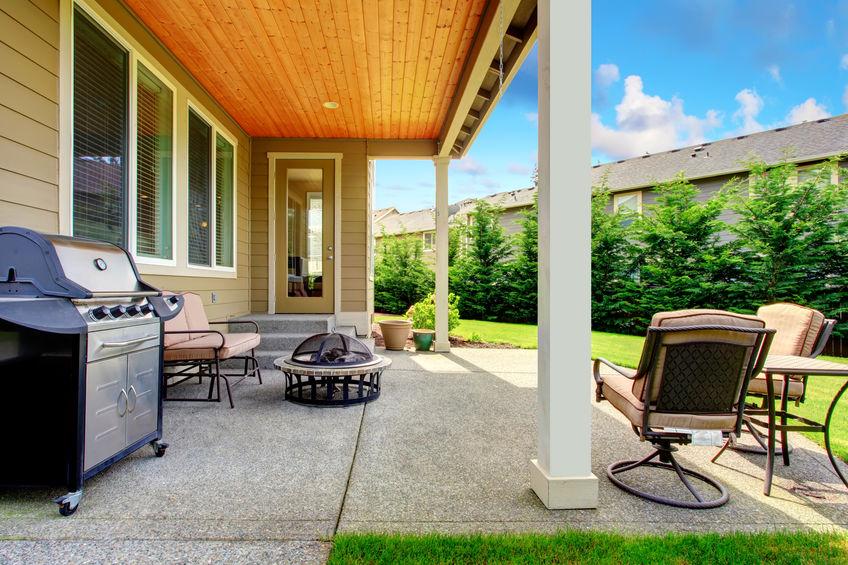
Professional services for rust proofing a grill can offer expert solutions for prolonging the life of your grill.
These services use specialized techniques and materials that may not be available to the average consumer.
Engaging with a professional means access to quality coatings and sealants.
Hiring a professional ensures that each part of the grill receives appropriate attention.
Technicians often dismantle the grill to treat both external and internal components.
This thorough approach can effectively address areas prone to rust.
Benefits of Professional Rust Proofing:
- Experience: Technicians possess deep knowledge about different grill materials and suitable treatments.
- Quality Materials: Use of industrial-grade rust-proof coatings ensures long-lasting protection.
- Time-Saving: A professional service can quickly and efficiently complete the process.
Consider contacting several service providers for quotes, ensuring you get a good balance of quality and cost.
Be sure to check reviews and ask about warranty options for added peace of mind.
For those who prioritize convenience and expertise, professional services may offer the most reliable rust-proofing solution.
